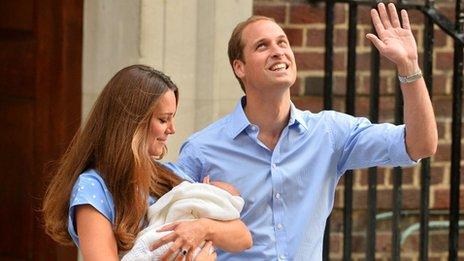Even babies 'understand concept of counting'
- Published
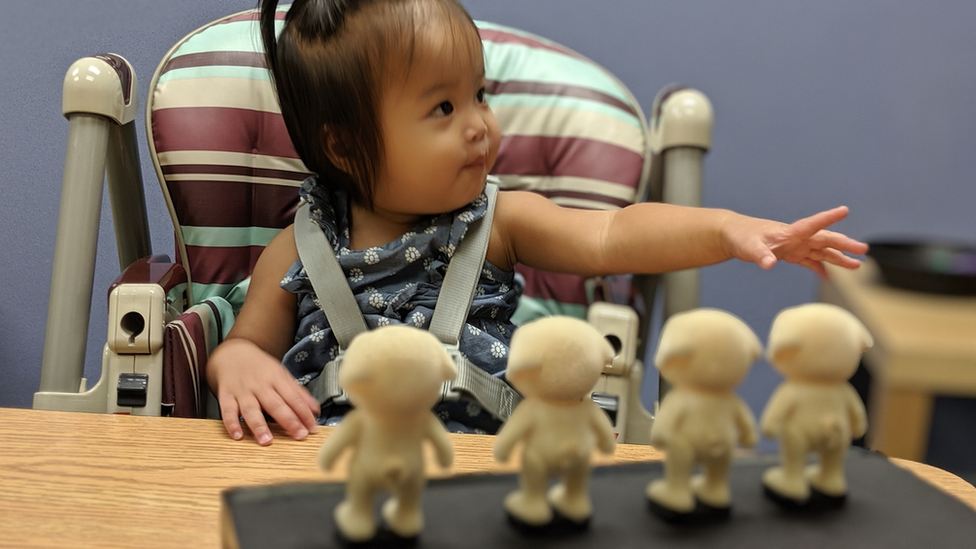
The research involved counting toys out loud into a box and looking at toddlers' reactions
Infants as young as 14 months can understand the concept of counting long before they learn the true meaning of "one, two, three", scientists say.
The US researchers said toddlers who hear counting out loud appear to be able to recognise quantities.
Yet most children don't understand the full meaning of number words until they are about four years old, they argue.
The scientists now want to see whether early counting practice leads to better number skills later on.
In the study, from Johns Hopkins University, external, 16 toddlers watched four toys - little dogs or cars - being hidden in a box that they could reach into without seeing the contents.
Sometimes the researchers counted out loud as they dropped each toy in, saying, "Look - one, two, three, four. Four dogs."
At other times, the researchers simply said: "This, this, this and this - these dogs."
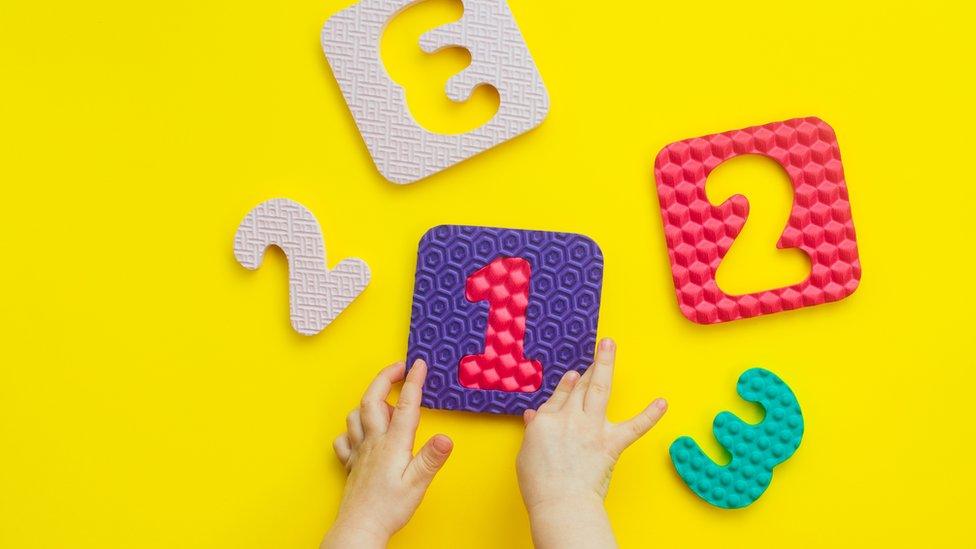
When the toys were actually counted in, the babies clearly expected more than one to be pulled from the box.
They didn't remember the exact number, but they did remember the approximate number, the researchers said.
But when the toys were not counted, the babies became distracted after researchers pulled just one out, as though there was nothing else to see.
Study author Jenny Wang said: "When we counted the toys for the babies before we hid them, they were much better at remembering how many toys there were."
She said she found this "really surprising", and said it showed very young infants "have a sense that when other people are counting it is tied to the rough dimension of quantity in the world".
The researchers believe counting out loud with toddlers and introducing them to counting books could help them to understand the concept well before the pre-school years.
The research team now wants to see whether English-speaking babies react to counting in a foreign language.
The findings are published in Developmental Science.
- Published10 May 2017
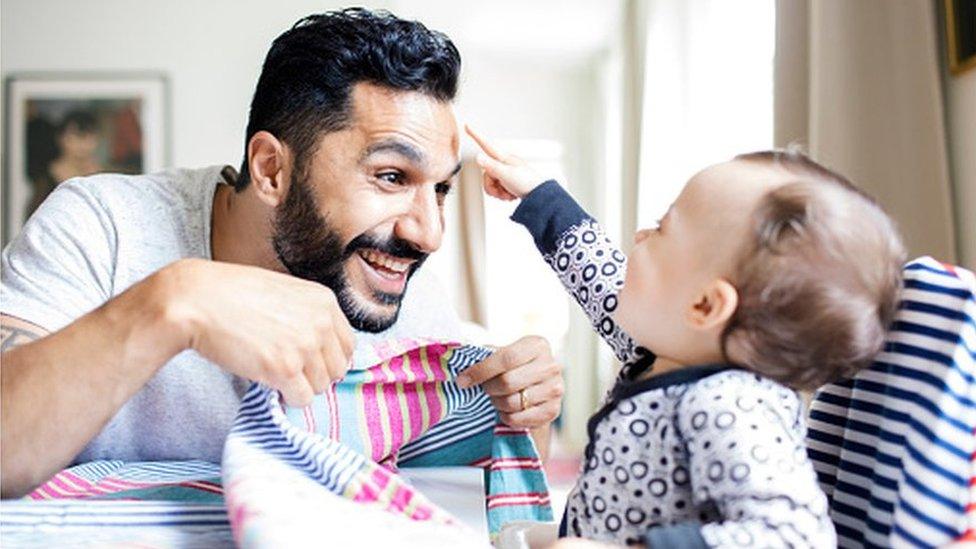
- Published16 November 2016
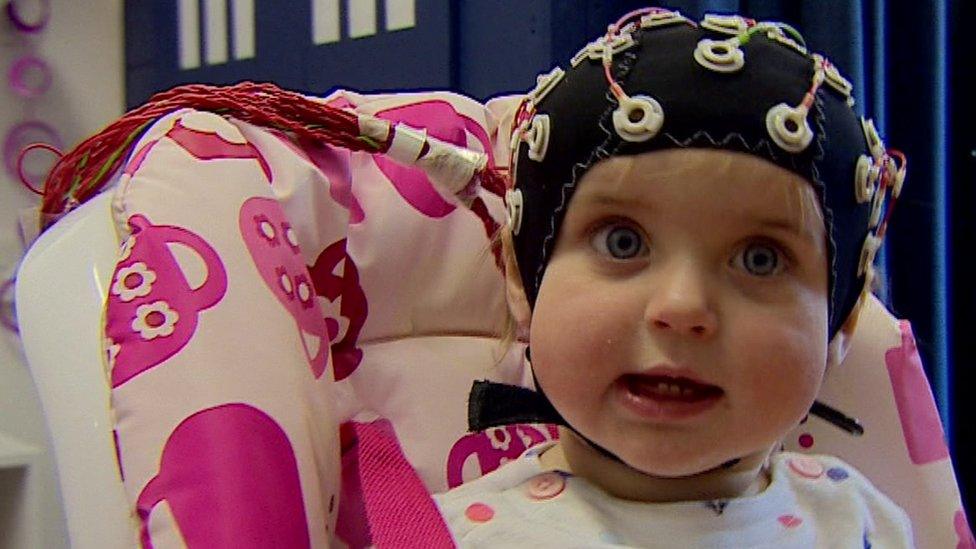
- Published24 July 2013
